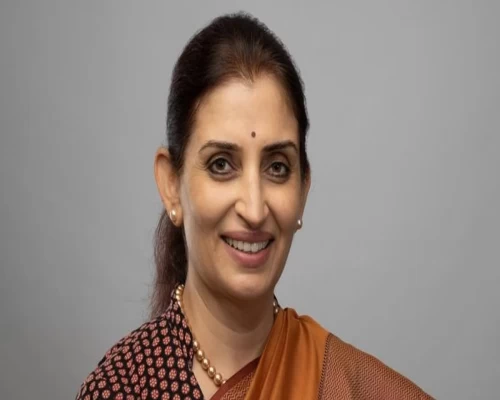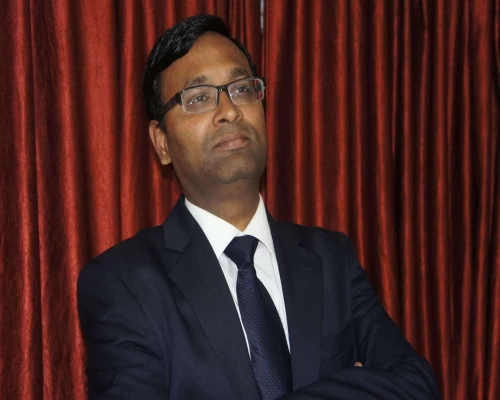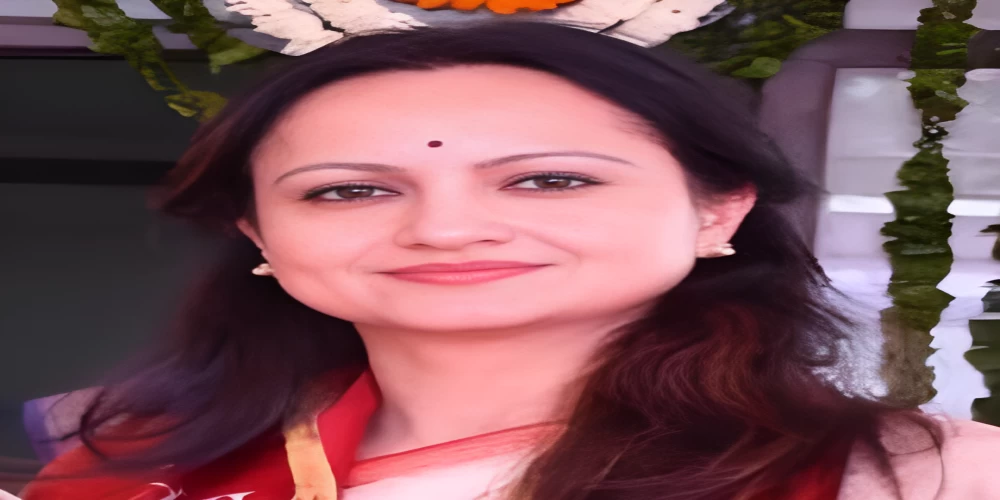
Bureaucrats India LEAD (Leadership in Education & Academic Excellence), launched in July 2024, is a series of programmes on higher education showcasing India’s unique capabilities in providing world-class education across diverse fields, from engineering and management to biotechnology, humanities, law, medicine, and sciences. Our higher education space is among the most vibrant, with sterling contributions from both private and public institutions, imparting world-class education and training to millions of students.
Under this program, we had an opportunity to speak to Dr Richa Yadav, Acting Dean, Faculty of Journalism and Acting Head, Department of Media Organisation and Public Relations, Haridev Joshi University of Journalism and Mass Communication (HJU), Jaipur, Rajasthan. Dr Yadav is a seasoned academician with over a decade of teaching experience, specialising in advertising, public relations, and media studies. She also serves as Convenor of Internal Exams. With a Ph.D. in Political Advertising and Communication from the University of Rajasthan and a strong research background, Dr. Yadav brings expertise in development communication, integrated marketing, and radio journalism to her leadership roles at HJU.
Insights from her exclusive interview with Bureaucrats India:
How do you see the future of higher education evolving?
This question reminds me of the lines of Phil Collins: “In learning you will teach, and in teaching you will learn.” We can understand that the higher education system is evolving similarly. During the pandemic times, we witnessed a shift in the exchange of knowledge. It not only introduced new ways of teaching but also new concepts across all the disciplines, and now AI seems to be a game changer. But this also poses the challenge of protecting the virtues of old classroom teaching. I believe that face-to-face interaction is imperative for shaping our future generation. Explicit knowledge is just a click away, but tacit knowledge can be gained through regular discussions and interactions.
How do you think the Indian education system can better prepare students for the global job market?
In the present education system, we focus on skill development, indigenous knowledge, and life management skills. A multidisciplinary approach has made it more flexible, liberal, and interesting. This has brought a lot of advancement and betterment in our education system. We also strive to improve our students’ critical and creative thinking. The theoretical cum practical orientation for all subjects will help in producing the best of the talents. This will make them job-ready for global markets.
How do you balance academic rigour with creativity and innovation in your teaching methods?
I think that the most crucial part of teaching is to ensure the maximum participation of our students in classes. It allows them to evolve and become more confident individuals. It largely depends on our pedagogy. At times you have to give them space to act as our teachers. One must be a good listener and learner to be a good teacher. Nowadays, the real challenge is the reliance of our students on the internet/digital gadgets. Students already know about the concepts or theory that you intend to teach, but we need to ensure that they know/understand the correct concepts or not. We need to teach them about the rightful consumption of information, especially in this digital era. Blended teaching-learning and flipped classroom approaches can also play a significant role in bringing creativity and innovation to our teaching methods.
How do you incorporate ethical considerations into your curriculum?
We make every effort to apprise our students of the ethical or legal aspects relevant to their field of study. We have incorporated such components in our course curriculum and also ensure that these become an integral part of our teaching-learning practices.
How do you encourage students to develop critical and independent research skills?
We try to engage students in thorough discussions and brainstorming sessions. These things help in honing their creative and problem-solving skills. We develop their research acumen and analytical skills through practical assignments, fieldwork, and case studies.
In your opinion, what is the most critical skill or mindset that students should develop during their higher education journey?
According to Alvin Toffler, the illiterate of the 21st century will not be those who cannot read and write but those who cannot learn, unlearn, and relearn. In today’s world of technology-mediated learning, one must be ready for what Alvin Toffler has suggested. We witness rampant changes and advancements in technology and conceptual knowledge. Therefore, our students should adapt to these changes as soon as possible to keep up with the times.


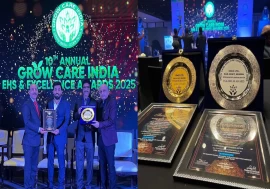
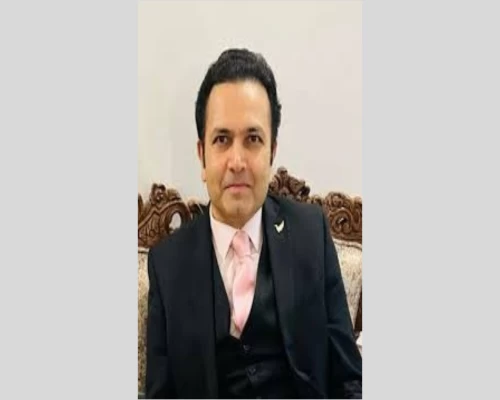
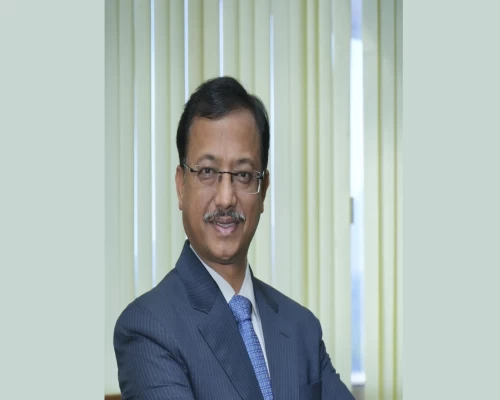
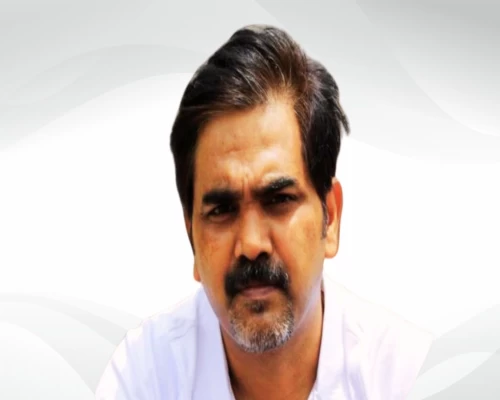
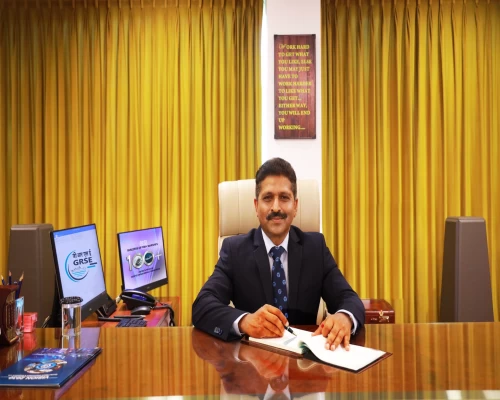
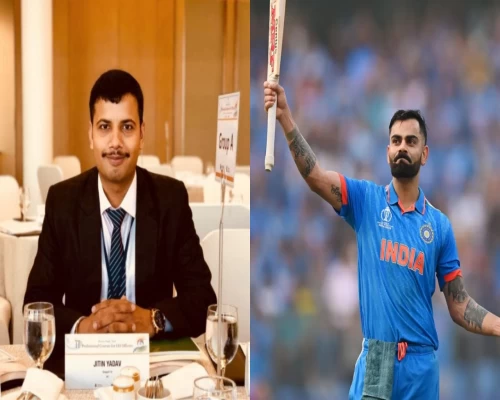
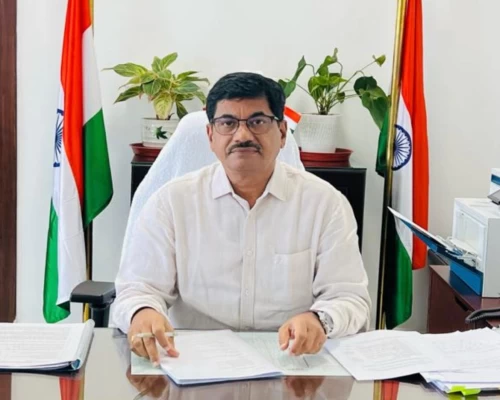
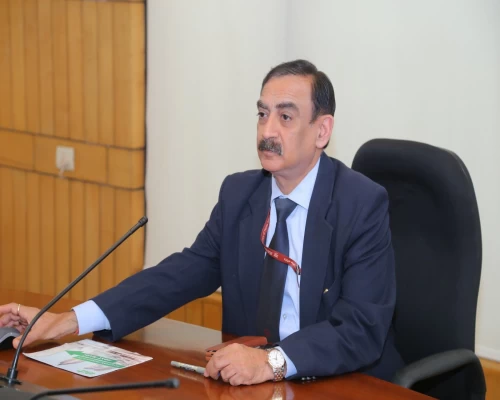
_500_x_400.webp)
